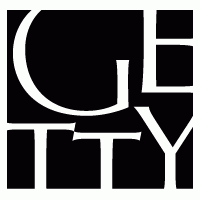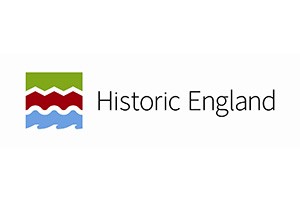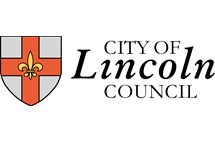The National Center for Preservation Technology and Training (NCPTT) will partner with Jean Lafitte National Historical Park, Heritage Documentation Programs (NPS) and APTI Technical Committee for Documentation to host a three day summit on 3D digital documentation for cultural heritage.
Date: April 18 – 20, 2017
Location: Old US Mint Museum, New Orleans, Louisiana, USA
Cost of the symposium: $299 Registration
The purpose of this summit is to advance the use and understanding of the various methods of 3D digital documentation and capture of cultural heritage. In addition, the summit aims to address issues with the long-term storage and management of the data generated by 3D digital documentation. Also, the NPS hopes to start discussions on and establish goals for their use of 3D digital documentation for architectural heritage.
The Summit will include two days of lectures organized into themed sessions. Presenters will be allotted 25 minutes with an additional 5 minutes for questions. Also, during the first two days, a poster session will be held to highlight new, upcoming, and student research in 3D digital documentation and capture. The Summit’s third day will include hands-on sessions. These sessions will take place at the around New Orleans and be led by various companies and firms who develop and practice 3D digital documentation.
This Summit will include sessions on topics such as Data Acquisition, Data Management, and Data Applications.
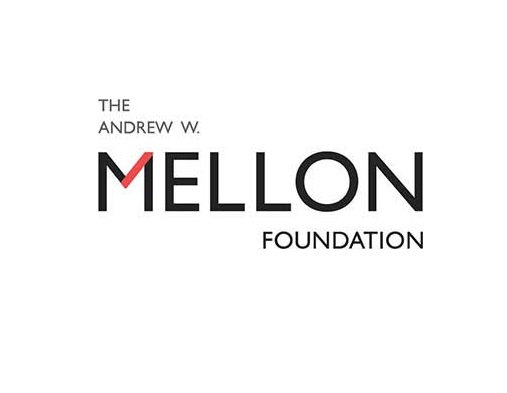
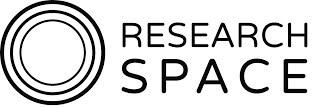




.jpg)
